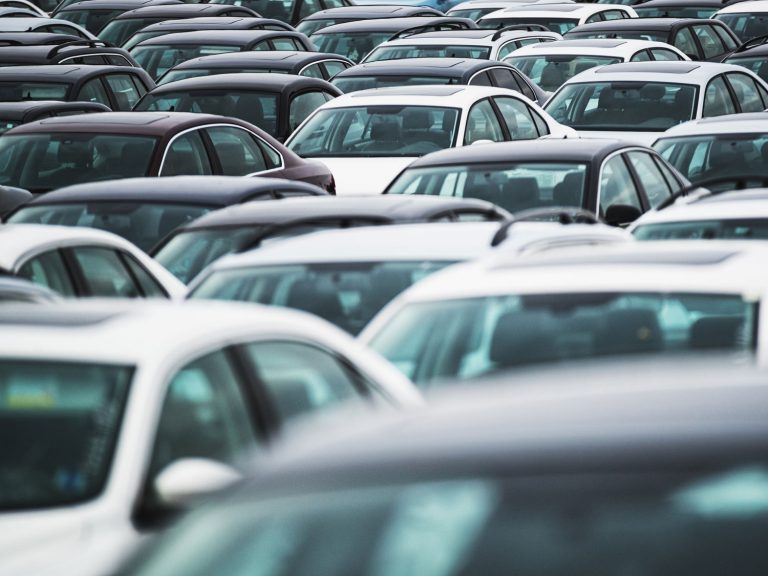
Date:
Long-haul RoRo schedule disruption continues
Specialised RoRo car and truck carriers are facing multiple challenges, which are causing congestion and delays at ports in Europe, China, South Africa, the US and Australia.
Driver shortages in the UK and Europe mean that some importers struggle to collect their cargoes from ports as quickly as usual, with terminals experiencing longer cargo dwell times, which may be due to a variety of underlying issues such as warehouse capacity, which create bottlenecks.
The movement of cars at ports around Europe, particularly Southampton, Koper and Zeebrugge (now called Antwerp-Bruges), are suffering with space issues, caused by these driver shortages and exports are delayed by a lack of ro-ro vessel space.
Antwerp-Bruges insists that car terminals in the whole of Europe are experiencing congestion, but it is not closed for new cars, with additional sites being made available to the automotive sector, and more sites added in accelerated development.
While the Port of Zeebrugge is still facing significant terminal congestion and delays, vessel operators continue to seek secure additional berth slots, labour to load and discharge cargo, and storage space.
One of the major contributing factors to the congestion has been what the port of Antwerp-Bruges called the “bullwhip effect”, where the pandemic delayed production due to a shortage of semiconductors, which increased substantially following the post-COVID recovery.
But the major cause of congestion has been the trucking sector, with a lack of drivers a major concern as well as the decline in the number of companies operating car-carrying vehicles.
Southampton in the UK and the Slovenian port of Koper, in the Adriatic, are also experiencing congestion, particularly with exports. Southampton’s vessel schedules were disrupted during the summer cruise season last year, partially due to labour shortages and operators are working closely with the port to try and avoid a repeat.
Koper exports cars, farm equipment and construction vehicles for Central and Eastern Europe, including Austria and Hungry.
At Southampton, delays of up to 18 weeks have been experienced for some export vehicles, while in Australia imports can be delayed by checks at ports for unwanted/invasive organisms, which can take up to three weeks.
Delays to schedules mean some long-haul carriers may skip ports to make up time, which further exacerbates delays.
Metro is increasingly shipping cars in containers to avoid the wait for delayed RoRo services, which have seen freight rates spiral due to congestion and shortage of space.
Standard 40’ containers can accommodate two large cars, properly secured and, with a rack, four small vehicles can be loaded which, with container rates comparatively low, offers massive efficiency gains and costs that are in line with historic RoRo levels.
Port to port freight costs are significantly lower, but inland rates are higher for container movements, which is what brings the costs up.
The increase in the export of cars from China (reported in this week’s eBulletin) has added to the congestion challenges, with increased demand for vessels to handle the increased volumes.
Metro has specialised in the automotive, construction and agricultural vehicle sectors for over four decades, working with many of the most respected and established global brands, to coordinate the end to end movement of vehicles and machinery around the world, by RoRo and container services.
Long-standing partnerships and volume agreements with the leading RoRo, PCTC and container shipping lines means we can offer the widest choice of services, routes and solutions for automotive, truck and knocked-down-vehicle movements.
To learn more, or to discuss our automotive capability, EMAIL Ian Tubbs.
